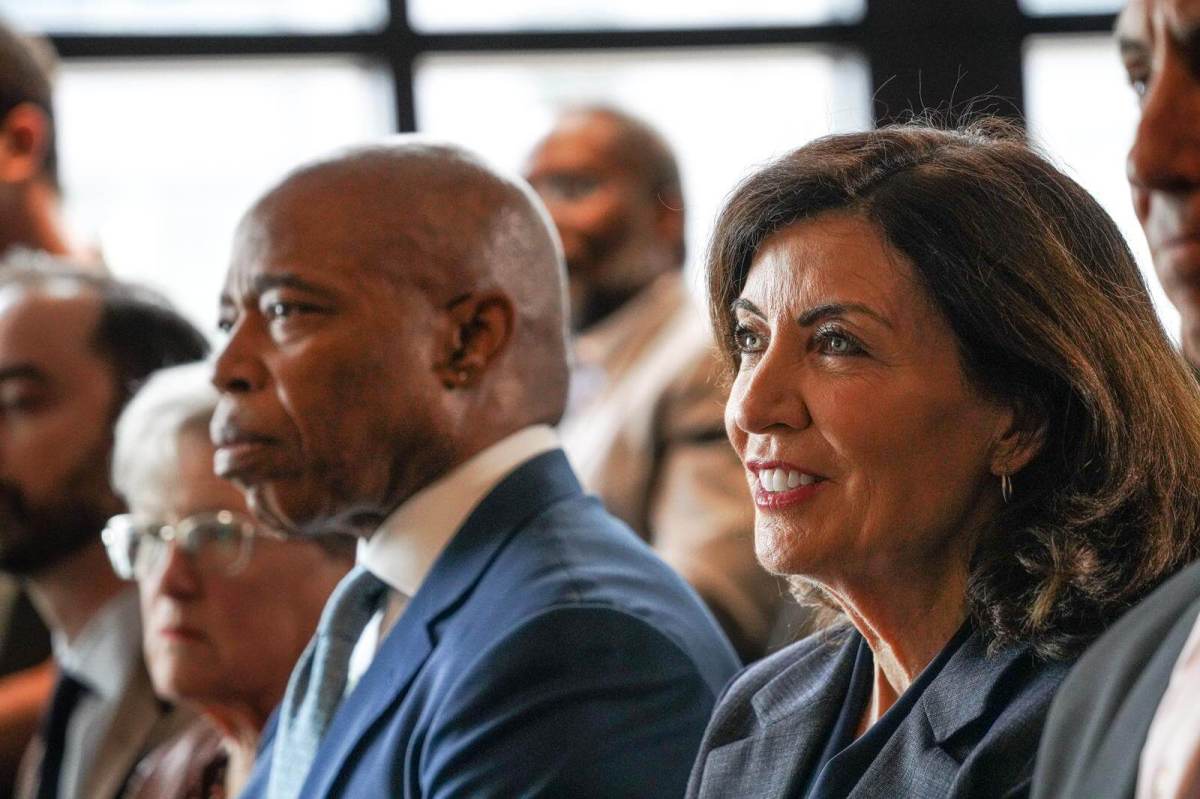 Chris McKinlay is the math genius who “hacked” OkCupid, and found himself a wife.
Chris McKinlay is the math genius who “hacked” OkCupid, and found himself a wife.
Credit: Chris McKinlay
Mathematician Chris McKinlay just wanted to find a girlfriend on OkCupid when he decided to apply math to his search. (Read about his book and his hacks here.). Eighty-eight first dates, one e-book and one Wired feature later, McKinlay is now a minor Internet celebrity with commenters debating whether he is a genius, or just a creep.
He set the record straight and talked about why he decided to write his book. Here is our edited interview with the author of “Optimal Cupid.”
What made you write this book?
In general, what we perform in the real world is also performed online, and that’s reflected in the very strong dynamic on OkCupid, where straight men write straight women. There are a ton of blogs with women sharing the really awful messages they get from guys all the time. That’s too bad for the website, I think. I really love the site, but without some knowledge as to how the dynamics of the site are working and how to position yourself with respect to the people that you would like, it’s easy to shoot yourself in the foot by answering the wrong questions just because OkCupid puts them in front of you.
I wanted to write a concise guide for anyone — regardless of sex, gender or interests — to follow. It’s certainly a spectrum from the person who wants to match everyone and is willing to answer questions purely based on that basis to the person who is getting way too many messages and wants to divide users into “Yeses” and “Nos” in that way.
You write about focusing on women who had over a 90 percent match with you. Do you really believe in the match percentages that much?
I don’t. It’s a subtle indicator, but it’s really not by any means deterministic. I used the match questions to make myself very visible to a certain group of women. So I think the 90 percent cutoff is a psychological boundary. It gives you a little bit of extra social proof. It makes you stand out more.
My intent was just to increase my visibility, so anytime anyone in that cluster ran a search that I met the criteria for – my fiancée ran a search for blue eyes and over 6 feet tall – I would come up at the top of those searches. Match percentage is just kind of like page rank on Google. I just wanted to be at the top it.
You mention having “hooks” in your profile, which I think most people already know, but it never occurred to me to use them in order to show up in keyword searches.
A lot of people search by keyword. So for example, there are a ton of women who like the band Radiohead, so if you like that band and you want to show up in those people’s searches, you should mention it. I did a much more detailed and subtle analysis of what the most common topics were amongst clusters of women that I was interested in meeting. I realized that teaching was a very common topic of interest. Teaching you can talk about with any number of words. I used a model called LDA – latent dirichlet allocation. The short of it is, I figured out which topics were very common in the profiles I’m interested in. I’m in the process of editing my book, and I think I’ll add a lot of words for these different groups.
Some of your critics say your project was not very successful because in 88 dates, you only went on two second dates and one third date before meeting your fiancee, Christine.
I think that’s a misconception based on the article. The fact that I went on 88 first dates but only a few second dates was the result of me saying “no.” … At one point I got kind of concerned: “Why am I saying ‘no’ so much? Is it just because of the amount of messages I’m getting? If I were getting fewer would I say ‘yes’? Am I being too picky?” And I had a little bit of concern about that, but I was really happy when I met Christine because I immediately had a very different reaction. Even just a few minutes into meeting her I was like, “Yes, this is the girl I want to shut down this whole project for.”
One thing Christine and I both want out there is that it wasn’t like a rom-com where a techie nerdy white guy does some fancy voodoo and scores the girl. Christine found me, and when we met, she was in an open relationship with two other people — a guy and a girl — and that was really challenging for me. I was not at all in any kind of driving seat. I was very much challenged by what was going on and forced to grow a lot. It wasn’t your typical heteronormative dialogue at all.
What do you have to say to people who think you’re a creep who objectifies women?
I think I’ve been objectified myself quite a bit in the last couple of days. People assume that if someone has a degree in math [it] means they’re maladjusted or some kind of introverted borderline sociopath. … We all know that the NSA is collecting our data, or metadata, I should say. Companies like Google and Facebook are doing it and maybe it feels a little less comfortable when some guy does it. I think it’s a really interesting question. There’s no reason to think that the NSA has your best interest at heart or Google or Facebook or whatever. There’s very little backlash.
It’s easier to get uncomfortable when you put a face to it.I think some of the misogyny, objectification, pick-up artist comments are based on that gut-level discomfort, which I think is something that’s going to be a bigger and bigger issue as social media becomes more intertwined with our lives. … Everyone is becoming a data scientist whether they know it or not. When you go on OkCupid, you are one, either a good one or a bad one.
Follow Andrea Park on Twitter: @andreapark
















